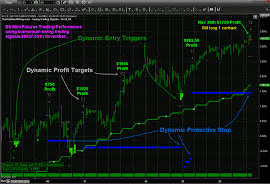Futures Trading Systems – Uneven Global Penetration

This is fairly obvious when you think about it, as are the reasons for the variance. Thinking in these terms, however, does shed some new light on the global economic picture, and makes clear where there are future opportunities for automated futures trading to expand..
Startling Fact About Futures Trading Systems
Given the basic structure above, one startling fact comes to light almost immediately. India has seen rapid, explosive growth in algorithmic futures trading systems in recent years. What makes that interesting is the fact that in many ways, India is still seen as a “developing nation,” and yet, their financial markets have reached a level of maturity that is sufficient to support widespread adoption of algorithmic trading, whereas places like Chad see almost none.
It’s worth taking the time to study India’s economy closely then, because they seem to be right on the cusp. Right there on the dividing line between the developing world and the developed. There are many powerful lessons we can learn from a nation in that position, and those lessons can help us push other national economies to the point that India’s is now. When that happens, it follows that it will open up new and greater opportunities with futures trading systems. There will be new territories to move into, new data to incorporate and assimilate in back testing, and a whole raft of new laws and regulations and other challenges to contend with, but this is the way forward. This is what future growth will look like, and indeed, depend on.
